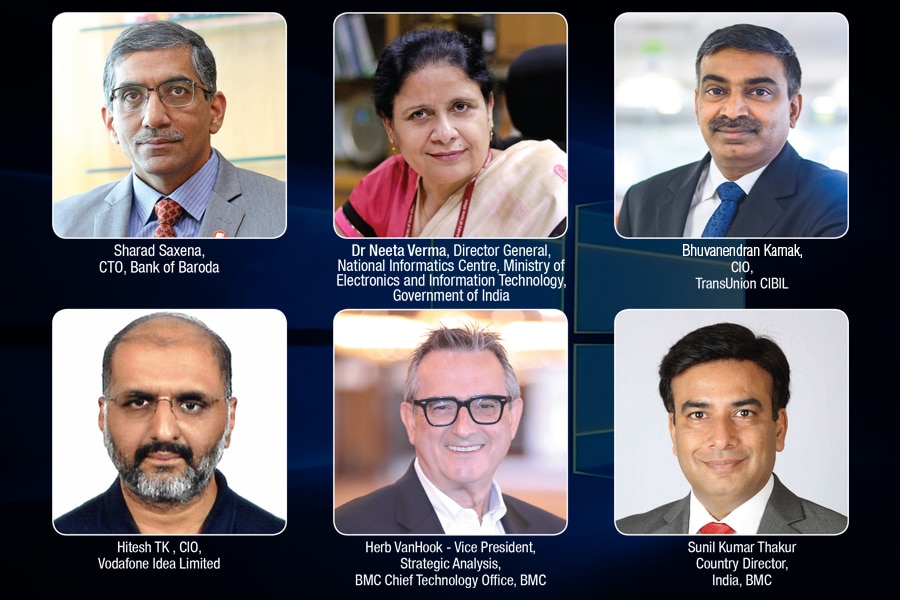
Building resilience with technology
Leveraging digital and autonomous technologies to build resilient enterprises

Half a year since the first lockdown was mandated in the country, enterprises are still discovering how to stay resilient during times of growing uncertainty. It has become clear that enterprise resilience is built on worker flexibility and enhancing digitalisation and automation, while ensuring cybersecurity. Adaptability, prediction and recovery are also key to building future proof organisations, while simultaneously using data driven insights to serve evolved customer preferences.
To discuss how new technologies can be leveraged to drive business continuity, Forbes India Insights hosted a virtual webinar — Building Resilience with Technology, in association with BMC Software. The participants included Sharad Saxena, CTO, Bank of Baroda; Dr Neeta Verma, Director General, National Informatics Centre, Ministry of Electronics and Information Technology, Government of India; Bhuvanendran Kamak, CIO, TransUnion CIBIL; Hitesh TK, CIO, Vodafone Idea Limited; Herb VanHook - Vice President, Strategic Analysis, BMC Chief Technology Office, BMC and Sunil Kumar Thakur, Country Director - India, BMC.
Moderated by Manu Balachandran, special correspondent, Forbes India, these proficient business leaders from diverse industries shared their experiences and insights on how their companies leveraged digital and autonomous technologies to become resilient, future-proof organisations.
One of the main lessons that the crisis has taught, is that all companies need to take disruption head on and using the right technology could facilitate this endeavour. “When all these sudden and unprecedented changes took place, it was technology that was the saviour; the biggest help came from collaboration tools,” said BMC’s Country Director for India, Sunil Kumar Thakur. He pointed out that when companies were faced with the challenge of ensuring business continuity and uninterrupted services, they began to think about SaaS and process automation.
In the new normal that emerged, wherein remote work became the norm, pre-empting access limitations and scaling communication bandwidth has shown that cloud and SaaS are imperative. “Mobile connectivity is the most demanding service since Covid-19 hit; we had to make sure we provided connectivity to our customers,” recounted Vodafone-Idea’s Hitesh TK, adding, “Earlier, well-established and proven technologies were adopted, now enterprises are looking to adopt new-age and latest technologies. We're working on a mobile-first model and modernisation will be key.”
With the success of work from home, a plethora of job opportunities have opened up in tier 2 & 3 cities and cloud has become the facilitator that enables onboarding and integrating them into the organisation. These new models, supported by tech like cloud and AI, will broaden the scope for talent acquisition. “Work from home will open up a lot of opportunities for women and it will bring in the much-needed gender parity in India,” said Dr Neeta Verma, Director General, NIC.




